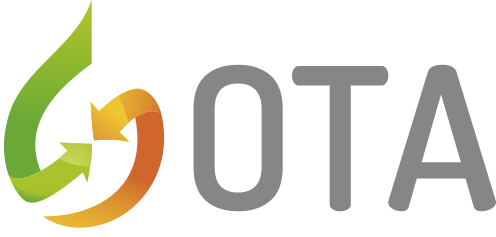Improving the Eqrader for optimal sorting
The Eqrader is a newly developed machine that sorts products quickly and automatically by internally and externally inspecting for quality, shape, weight and color – and even rot. The first model was installed at HOZA, a Dutch onion seed propagator. Advancements have been made over the past year based on the client’s feedback. Time for an update.
The Eqrader places individual onions in cups, where they’re then cleaned by a Modesta dust extraction system that blows away onion skins and dust. Then the machine checks the onion internally and externally, using camera technology and an infrared scan. A tilt section ensures that the onion is turned and checked on all sides. The grader then categorizes the onions so they can be crated, using different dispensers that can be adjusted according to customer demands. Eqraft is currently developing an intelligent, self-learning neural network that will take future grading to the next step. Advantages of the Eqrader include user and product friendliness, low maintenance costs, and use of the newest vision technologies.
Mechanical optimization
Bas Pomstra, head of research and development at Eqraft, tells us which mechanical improvements have been made since the first client started using the Eqrader in May 2017. First, the so-called “V-band”, which places the onions in cups and guides them through the machine, was optimized to allow a more streamlined transition. “An average of 75% to 90% of the cups are filled,” says Jim Hoogzand of HOZA, who worked with the machine in the past year. Furthermore, improvements were made to the tilt section, which ensures a 360-degree check of the onions, and the integrated cup washing system, which automatically washes the cups. Lastly, the software of both the interface and the Q-Eye camera were adjusted to fit the customer’s needs better. Two additional cameras were added, and the focal distance was fine-tuned, which means there are now six highly-focused cameras aimed at one track, ensuring even better coverage of the entire onion.
While employees and onion traders may have different opinions on the quality of an onion, the Eqrader always sorts consistently and according to the same standards. Furthermore, it does this much quicker than a human could: ten onions per second per track.
“The Eqrader always sorts consistently and according to the same standards”
Bas Pomstra - Head R&D / Eqraft
Future roadmap: machine learning
Besides mechanical improvements, significant progress has also been made in the development of the machine’s neural network. The neural network is a self-learning system that receives data based on a classification model that is used to determine the quality of the onions. The external quality characteristics are divided into categories and subcategories. Currently, the neural network is being ‘taught’ to sort the onions based on these categories. This will enable the user to sort batches meeting certain quality characteristics required for a particular customer or country.
In order to achieve optimal grading, the neural network needs more data to ‘learn’ how to classify the onions. The first test results were positive. After ‘training’ the machine with 80,000 onions, the Eqrader was put to the test by having it sort 20,000 onions. The results: it was able to perform with at least the same quality as traditional sorting. Eqraft is currently developing the neural network together with the onion sector, collecting as many red and yellow onions in all categories as possible. “The more data we have, the smarter the machine gets,” says Bas.

